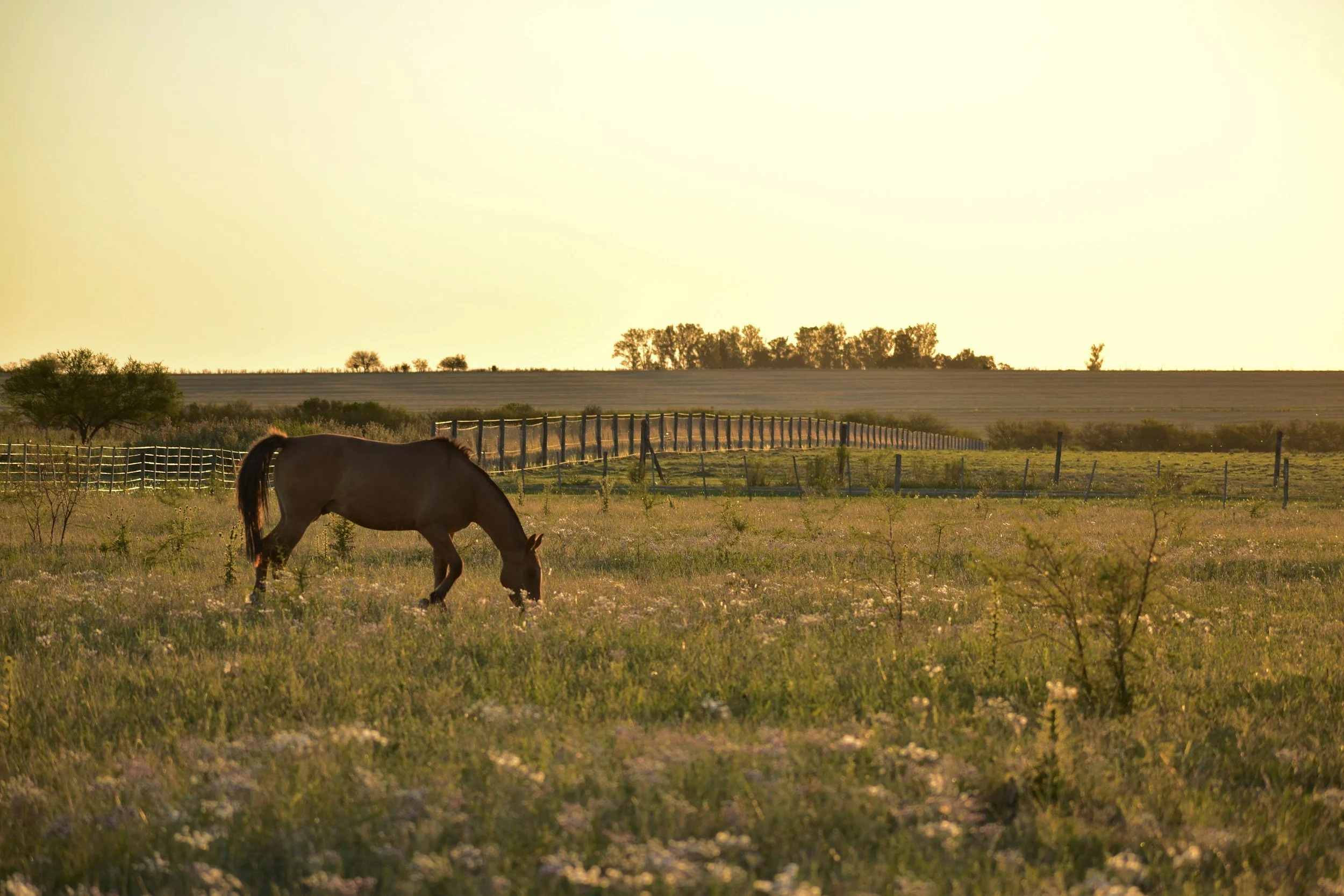Dr. Dickson Despommier, professor of public health at Columbia University, created the concept of “vertical farming” back in 1999. Dr. Despommier and his students discovered that with a city, like New York, instead of looking towards flat land for food growth, the city should start looking up. Dr. Despommier and his class on medical ecology estimate that 30-story vertical farm towers could feed 50,000 people.
Garbage May Be the Future Food Choice for Indiana Swine
In Kentucky, “feeding garbage to swine” is prohibited, even if the garbage has been treated. Additionally, garbage fed swine cannot be imported into the state. Across the Kentucky border in Indiana, a bill was introduced in the House that may amend Indiana law to allow treated garbage to be fed to swine.
Students Push for Fossil Fuel Divestment
Recently, students from all over the country have started pushing their college or university to divest from fossil fuel companies. Students at Swarthmore College, where the movement was born in 2011, have been staging a sit-in for nearly a month asking the school to sell its holdings in the top 200 coal, oil, and gas companies.
California's Push to Regulate the Interstate Egg Market
In 2008, California voters concerned with the condition of egg laying hens, and other farm animals, took to the ballot and passed the initiative known as Proposition 2. At the time Prop 2 was passed, ninety-five percent of U.S. farm hens were kept in cramped, wire battery cages stacked on top of each other in warehouses.
LASIX-FREE RACES AT KEENELAND EXPECTED TO DEBUT IN 2016
The Kentucky Horse Racing Commission (KHRC) recently approved a controversial proposal to allow racetracks in the Commonwealth to card races where the competing horses would not be allowed to be administered furosemide on race day. Furosemide, an anti-bleeding medication commonly known as Lasix, is intended to decrease the effects of exercise-induced pulmonary hemorrhage (EIPH). While some initially thought the vote could have an impact at the 2015 Breeders’ Cup World Championships, which is scheduled to be run at Keeneland on October 30-31, Keeneland President and CEO Bill Thomason said he does not expect Keeneland to schedule any Lasix-free races until 2016.
Wagers and W-2GS
The 141st running of the Kentucky Derby is upon us. Although most taxpayers have filed their 2014 returns with the IRS, cashing a winning ticket on May 2nd could come with a price. Racetrack winnings, like other gambling income, are subject to federal income tax. Currently, the Internal Revenue Service permits taxpayers to deduct gambling losses against winnings. The tax-code’s treatment of racetrack gambling proceeds has not changed much over the years, but many handicappers were relieved to see that the exemption escaped the new limits on itemized deductions that Congress enacted in 2013.
The Grass isn’t Always Greener on the Other Side
For the first time in California’s history, Governor Jerry Brown has ordered a 25 percent cut in urban water usage. “People should realize we are in a new era. The idea of your nice little green lawn getting watered every day, those days are past,” Brown remarked. The restrictions consists of not washing down sidewalks or driveways, recirculating water in fountains, and only serving water to customers per request at restaurants, among many other things. The mandatory water restrictions are the consequence of a drought that has harangued the Southwest for four consecutive years.
Pipe Dream or Nightmare? Kentucky Residents Express Concerns over Gas Line Conversion Plans
The Tennessee Gas Pipeline has transported natural gas throughout eighteen Kentucky counties over the past seventy years. Recently, Kinder-Morgan Energy Partners submitted a proposal to the Federal Energy Regulatory Commission to repurpose the pipeline and enable it to carry natural gas liquids. While it is uncertain if the proposal will even be approved, much debate exists regarding the environmental impact if the gas line is converted.
Tapping Into Our Resources: Using Kentucky’s Abundant Wildlife Resources to the Advantage of the Disadvantaged
During the most recent session of Kentucky’s General Assembly, Kentucky Senators, Robin L. Webb and C.B. Embry Jr., introduced SB 55. This bipartisan bill will create a new section of KRS Chapter 217 that prohibits state and local governments from restricting, but not regulating, the donation of game meat to or from not-for-profit organizations for the purpose of free meal distribution.









